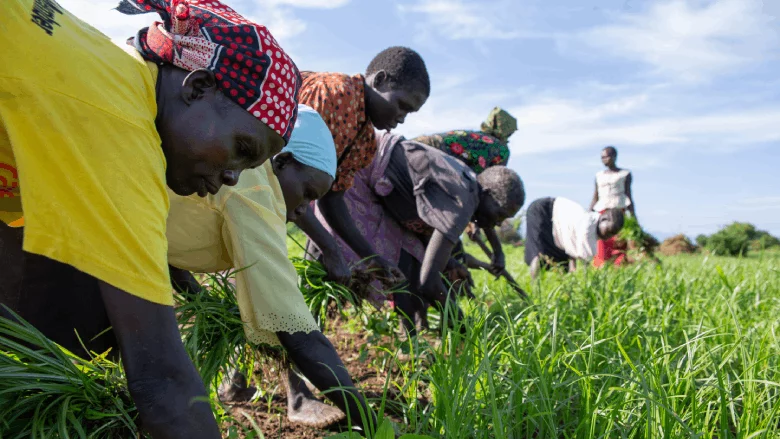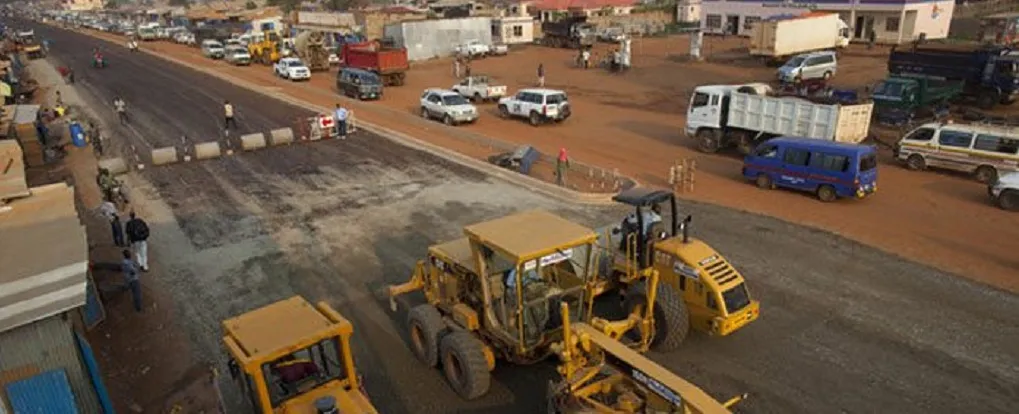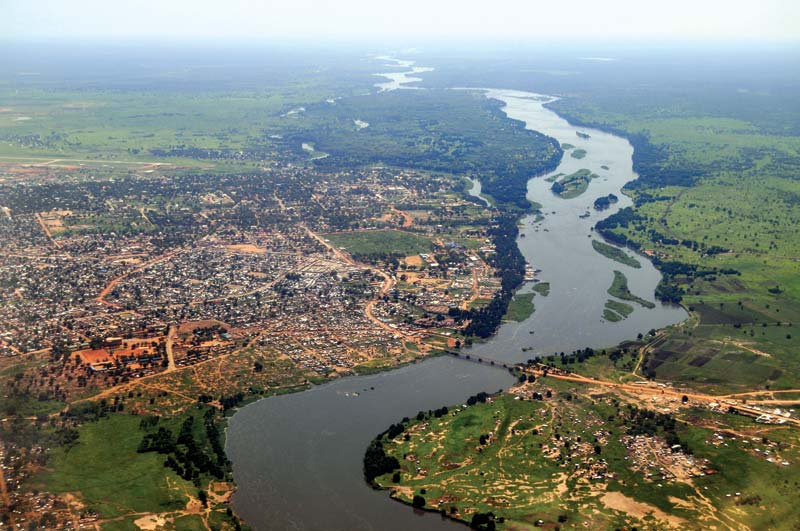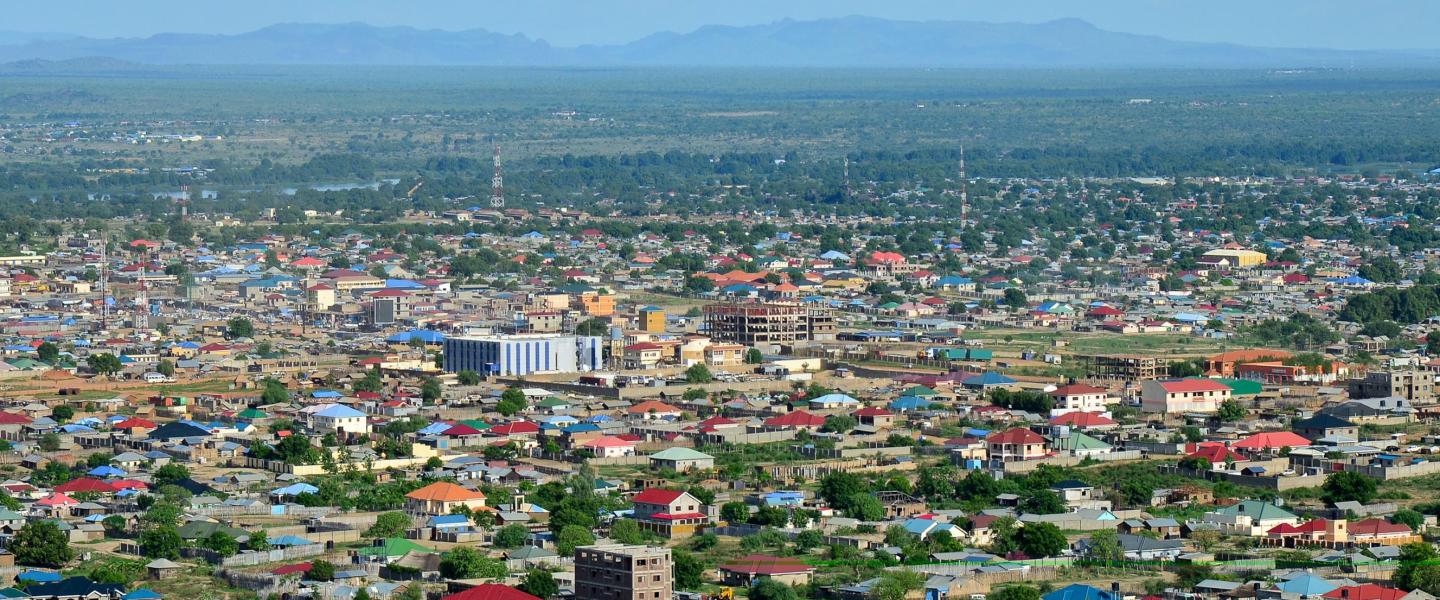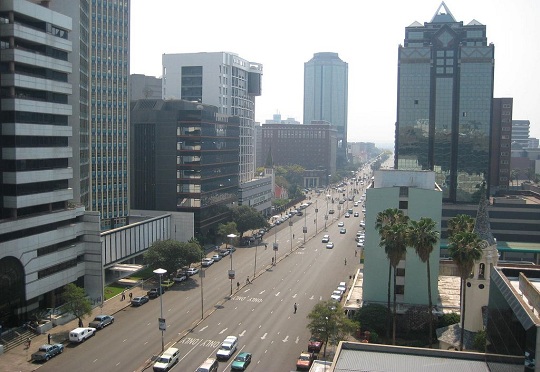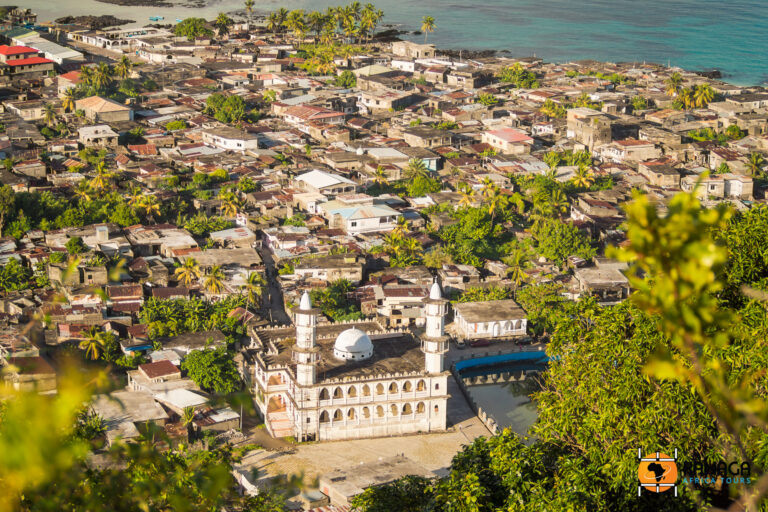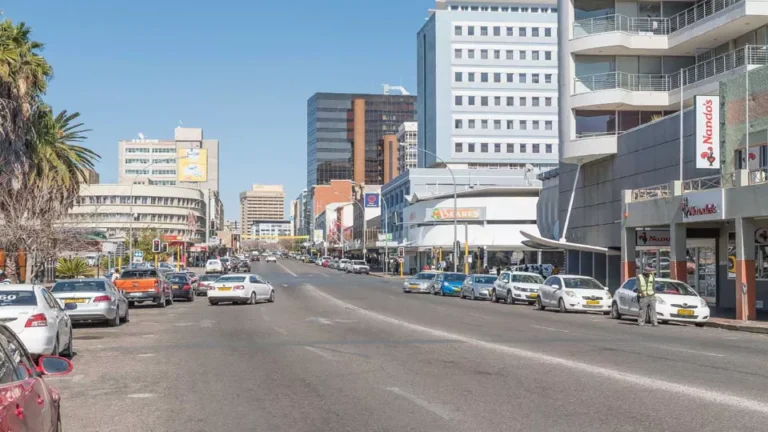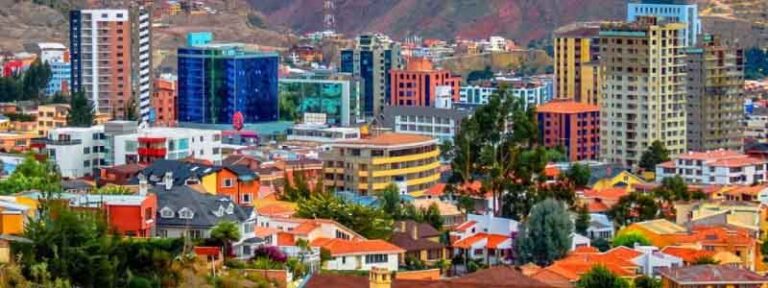South Sudan officially known as the Republic of South Sudan, is a landlocked country in east/central Africa. It is bordered by Ethiopia, Sudan, the Central African Republic, the Democratic Republic of the Congo, Uganda, and Kenya. It has a population of 11,586,538 of which 525,953 live in the capital and largest city Juba.
Salva Kiir Mayardit also known as Salva Kiir is the President of South Sudan since its independence in 2011. Before independence, he was President of the Government of Southern Sudan, as well as the First Vice President of Sudan, from 2005 to 2011. He was named Commander-in-Chief of the Sudan People’s Liberation Army (SPLA) in 2005, following the death of John Garang.
The South Sudan economy is projected to contract by 4.1% in 2020/21, with growth negatively affected by the impact of the COVID-19 pandemic, lower oil production, floods, and increased conflict intensity in parts of the country. With the economic decline in 2020/21, living conditions have deteriorated, with some 8.3 million estimated to need humanitarian assistance in 2021, reflecting an increase of 800,000 in the absolute number of people in need from 2020.
At the same time, crisis-level food insecurity persists despite increased agricultural production, with exceptionally high food prices constraining access to food for large segments of the population. Consequently, it is estimated that more than half of the population (7.2 million people) are facing severe food insecurity in the period from April to July 2021.
According to The Integrated Business Establishments Survey (IBES) conducted in May 2021, several key findings have emerged from the data, which contributed to the development of policies to lock in some of the benefits of the recent period of relative stability in the country. As expected, the survey confirmed that Juba is the primary location for businesses and employment with more than half of all businesses in the country operating in the capital. Businesses in Juba tend to be larger than in other towns, with two-thirds of all workers employed in the capital.
African Development Bank Group has developed a report that presents the Bank’s Interim Country Strategy Paper (I-CSP) for South Sudan for the period 2022-2024 because a full CSP prepared for South Sudan’s National Development Strategy (NDS) 2018-2021 expired in July 2021.
Business opportunities in South Sudan
Business opportunities are available in the agricultural sector as South Sudan boasts of vast arable land of about 30 million hectares with less than 5% under cultivation. Infrastructure reconstruction is a priority as South Sudan’s infrastructure action plan states that transforming agriculture from its current subsistent state to an export contributor. There is a high demand to rebuild and construct over 2,500 km of roads with opportunities for private toll operators. There is potential not only in the oil sector, but in iron, diamond, copper, nickel, marble, and gold. In the energy sector, there are multiple power generation opportunities from the Nile River.
